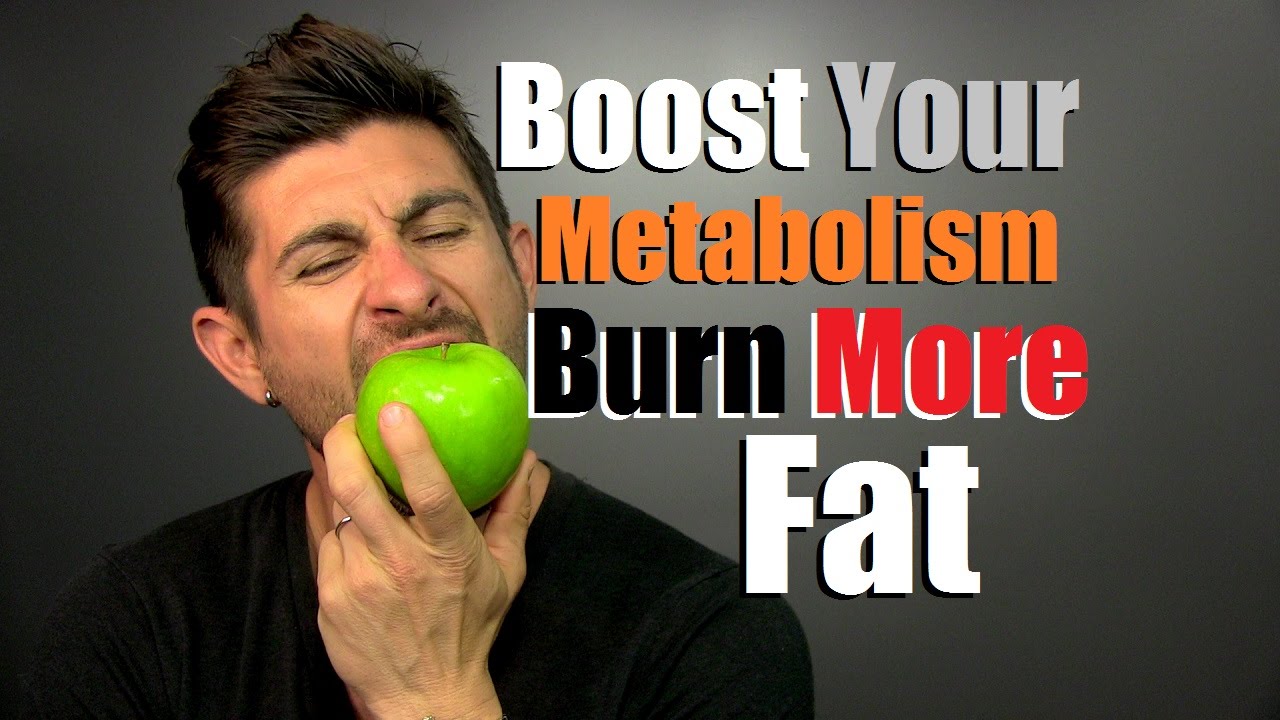How do I boost my metabolism?
A question related to losing weight, Diets, and fat burning is put over and over again. Because in our heads is: A slow metabolism leads to obesity, a faster metabolism helps with weight loss.
But how can a faster metabolism help you lose weight? And what is metabolism exactly? And, the question of all questions: How do I stimulate my metabolism? You can find out that and more here!
What does the metabolism do?
The term metabolism means all biochemical processes that take place in our cells and that have something to do with the change, i.e. the exchange, conversion or transport of substances. The metabolism is therefore essential for the maintenance of all bodily functions, since every cell in our body needs certain nutrients in order to be able to function fully.
Most people, however, use the term in connection with metabolic diet and weight loss to mean energy metabolism. This concerns all processes of energy production (catabolism) and energy consumption (anabolism).
The catabolic metabolism utilizes the substances ingested through food and breaks the complex building blocks into smaller parts that the body can use as an energy source. Carbohydrates are converted into sugar, fats are broken down into their fatty acids (and glycerine) and proteins become amino acids. Processes of energy production (catabolism) and energy consumption (anabolism).
The anabolic metabolism, on the other hand, uses the small parts resulting from catabolism and uses them to build vital connections, for example, our muscle proteins. To make it a little easier for you, from now on the energy metabolism is always meant when we talk about metabolism!
Metabolic disorder and slow metabolism – why not lose weight?
Lose weight with metabolism
If I do not lose weight or if I lose it very slowly, the assumption is often that I have a metabolic disorder.
And there is indeed a metabolic disorder caused by a genetic defect. It is a mutation of the metabolic gene KSR2, which has an increased appetite, Insulin resistance, and a decreased basal metabolic rate is associated with obesity. However, since this genetic defect only affects less than 1% of people, a metabolic disorder cannot be used as a general explanation for obesity.
There are usually several other factors behind slow catabolic metabolism. Because whether someone burns energy quickly or slowly depends on gender, for example. Men usually have more muscle mass than women and burn more energy with it (more too Building muscle in women can be found here). Women who have brothers know the phenomenon. It feels like brothers always eat at least twice as much as we sisters and meanwhile don’t gain weight. At some point, however, the tide turns. Because age also plays a role. The older we get, the slower our metabolism usually becomes – even in men. In addition, there are factors such as an unhealthy diet (too much sugar, too little protein), alcohol consumption, irregular or even too little sleep that affect our metabolism.


[…] on your business. Now is the ideal time to move gears and focus on your reviews administration method if you haven’t taken into consideration Google Reviews for raising your brand’s […]
The exploration of metabolism is such an important aspect of understanding weight management and overall health. It’s fascinating how the metabolic processes influence not just weight loss but also energy levels and overall vitality. For instance, I’ve noticed that incorporating regular strength training into my routine has made a difference in my energy levels and possibly boosted my metabolism.
The exploration of metabolism in the context of weight loss is indeed a multifaceted topic and one that often sparks various misconceptions. It’s interesting how, in our culture, we often equate a fast metabolism with a “better” body or healthier lifestyle, as if this is the sole determinant of our physical health. However, I wonder if we sometimes overlook the role of muscle mass in this equation.